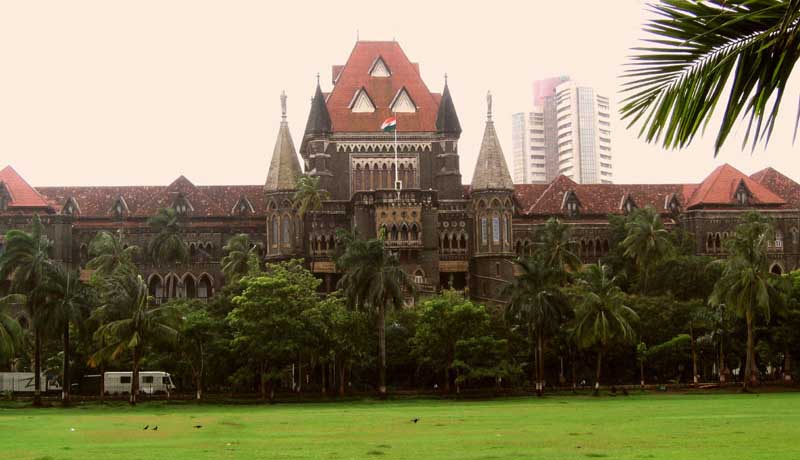A Commissioner can call upon a person to produce the books of accounts and other documents under DVAT Act; Delhi HC [Read Judgment]

Delhi High Court – Commissioner – taxscan
Delhi High Court – Commissioner – taxscan
The division bench of the Delhi High Court has upheld the order of the Commissioner of VAT delegating the powers of assessment and re-assessment under Section 32 of the DVAT Act to all officers, not below the rank of the Assistant VATO.
On 24th September 2015, the Commissioner of VAT had passed an order under Section 67 (2), 68 and 106 of the DVAT Act read with Section 9 of the Central Sales Tax Act, 1956 to the effect that the Assistant Commissioner, Ward–206 who would exercise jurisdiction as far as the Petitioner is concerned.
The petitioner has challenged the notices under section 59(2) on the ground that it was issued without the authority of law.
The petitioner contended that the impugned order and subsequent notices were issued in the absence of rules being framed under the provisions of Section 102(2) (z) of the Act. Section 102(2)(z) empowers the Government to make rules laying down the conditions subject to which the Commissioner may require any dealer or any other person to produce before him such record, books of accounts, registers and other documents and answer such queries and furnish such additional information sought by the Commissioner.
They also contended that No rule had been framed under Section 102 (2) (z) of the DVAT Act in regard to the exercise of the power under Section 59 (2) thereof. According to Mr. Jain, in the absence of such a Rule, a “dealer” registered under the DVAT Act cannot be called upon by the Commissioner or other officer mentioned in Section 59 (2) of the DVAT Act, to produce records, books of accounts etc.
The Court in this regard, observed that “a plain reading of the above provision indicates that the Commissioner can exercise the powers under Section 59 (2) of the DVAT Act to call upon the dealer or any other person to produce records, books of accounts, etc. for (i) the proper administration of the DVAT Act and (ii) subject to such conditions "as may be prescribed.” The expression “as may be prescribed‟ has to be interpreted as requiring Rules to be framed in the matter of inspection of production of records”.
“There is a clear distinction between the wording of the provisions considered in the above decisions and Section 59 (2) of the DVAT Act. It is not as if there are no guidelines in Section 59 (2) of the DVAT Act to indicate under what circumstances the Commissioner may require the production of books of accounts, records, etc. Apart from the fact that the Commissioner has to exercise the power for 'the proper administration' of the DVAT Act, he has to make assure that what is being asked to be produced, in the form of books of accounts and other documents, are "related to the activities" of either the person to whom such notice is issued or any other person as the Commissioner may deem necessary”.
The Court also observed that it does not mean that in the absence of a Rule, the power under Section 59 (2) is incapable of being exercised. It is in this context that the language used in Section 45 of the TNHRCE Act or Section 45 of the Maharashtra Cooperative Societies Act, 1960 or Section 38 of the Bangalore Development Authority Act, 1976 became relevant. In each of the above instances, the language of the provision was such that the exercise of the power was dependent on the framing of the Rules. However, Section 59 (2) of the DVAT Act is so worded that it can be given effect to even in the absence of the rules.
The Court rejected the contention of the petitioner that, in the absence of any rules being framed under Section 102 (2) (z) read with Section 59 (2) of the DVAT Act, the power of the Commissioner under Section 59 (2) of the DVAT Act to call upon a person to produce the books of accounts and other documents cannot be exercised.
Read the full text of the Judgment here.


